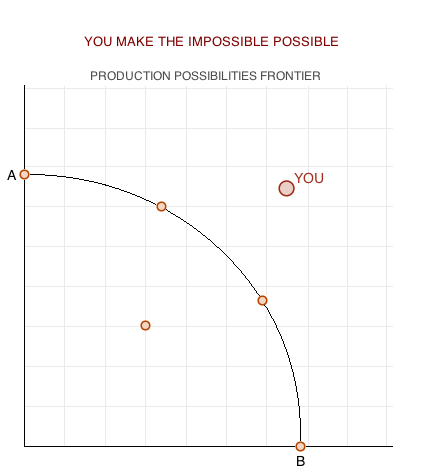Rich nations worldwide have a problem with debt. In the past, such problems have been dealt with by several tactics, including ‘financial repression’. Carmen Reinhart and Jacob Kirkegaard explain (emphasis mine):
One of the main goals of financial repression is to keep nominal interest rates lower than would otherwise prevail. This effect, other things equal, reduces the governments’ interest expenses for a given stock of debt and contributes to deficit reduction. However, when financial repression produces negative real interest rates and reduces or liquidates existing debts, it is a transfer from creditors (savers) to borrowers (government and private).
Financial repression occurred in the postwar period, and is now staging a comeback in the wake of the global and Eurozone crises. This time it is not called financial repression but unfolds in the context of “macroprudential regulation”:
- What we see are financial regulatory measures that keep international capital out of emerging economies, and in advanced economies.
The emerging economy controls are meant to counter loose monetary policy in the advanced economies and discourage “hot money”, while regulatory changes in advanced economies are meant to create a captive audience for domestic debt.
- This offers advanced and emerging market economies common ground on tighter restrictions on international financial flows.
More broadly, the world is witnessing a return to more tightly regulated domestic financial environment – referred to in the old jargon as “financial repression.”
[F]inancial repression (with its dual aims of keeping interest rates low and creating or maintaining captive domestic audiences) will probably find renewed favour…

